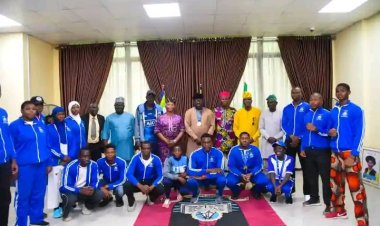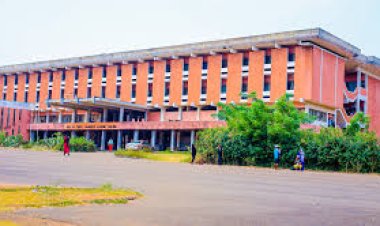Students Clash Over Lesbianism In Nigerian Universities - Is It Nature or Choice?
During the program, one student asserted that lesbianism should be understood as a natural aspect of human sexuality, rooted in individual preference. She emphasized the importance of embracing diversity and advocated against discrimination based on sexual orientation. According to her perspective, society should adopt an inclusive stance that respects people's choices in this realm.
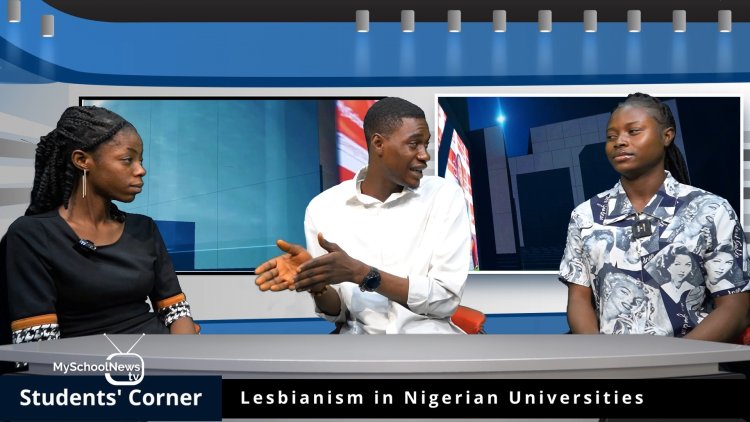
In a recent program aired on MySchoolNewsTV, the topic of lesbianism among Nigerian university students took center stage, shedding light on a spectrum of viewpoints. Two female students offered contrasting arguments, providing insights into the complex dynamics surrounding this sensitive issue within educational institutions.
During the program, one student asserted that lesbianism should be understood as a natural aspect of human sexuality, rooted in individual preference. She emphasized the importance of embracing diversity and advocated against discrimination based on sexual orientation. According to her perspective, society should adopt an inclusive stance that respects people's choices in this realm.
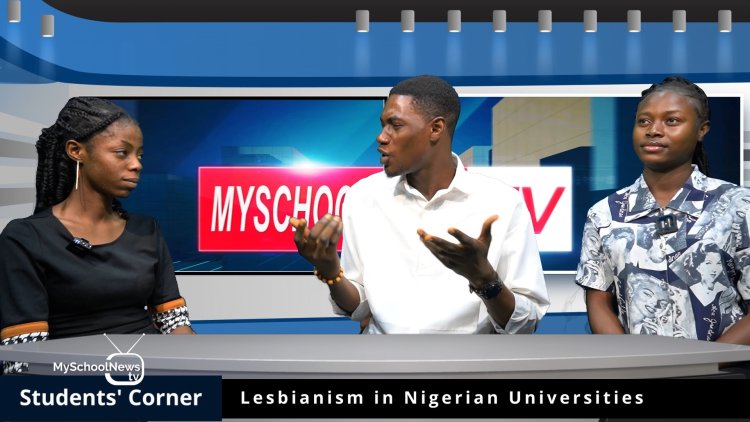
In counterpoint, the other student held that lesbianism contradicts religious teachings and moral values. She argued against openly allowing the practice, highlighting its perceived conflict with religious principles. Her viewpoint urged for institutions to maintain traditional values and uphold norms endorsed by faith.
The discussion also extended to whether universities should address matters of personal sexuality. One participant recommended orientation programs for those involved in lesbian relationships, suggesting that education could facilitate understanding and acceptance. On the flip side, concerns were raised about aligning such initiatives with religious beliefs.
Amidst these dialogues, the program touched upon the notion of conducting research to better comprehend the factors contributing to sexual orientation. Both participants acknowledged the necessity of fostering deeper insights and informed dialogues about the multifaceted nature of human sexuality.
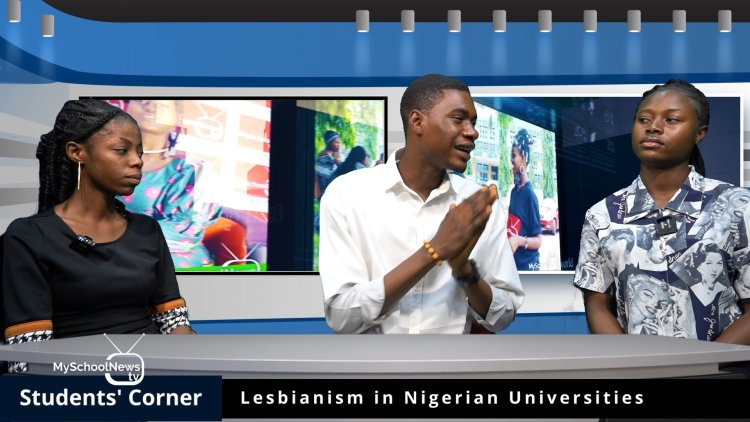
While the setting was a program and not a formal debate, the insights offered by these two female students reflect the diverse array of opinions and beliefs prevalent in Nigerian universities. The program served as a platform to explore the intricate interplay between personal autonomy, cultural norms, and religious convictions.

